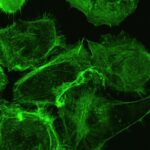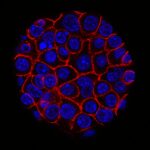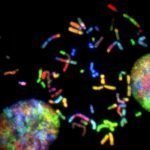PhD proposal
PhD supervisor : Rémy Burcelin – I2MC: Institute of CardioMetabolic Disease, Toulouse, France
PhD co-supervisor : Sofia Forslund – MDC Max Delbruck Center for Molecular Medicine, Berlin, Germany
Body fat distribution is a strong determinant of health and exhibits, as a specific feature of human beings, a marked sexual dimorphism. Women have more subcutaneous adipose tissue (SAT), while men have fat predominantly distributed to the central body visceral adipose tissue (VAT). The central accumulation of fat is associated with metabolic complications that trigger a low-grade chronic inflammation. Conversely, the SAT is rather associated with very little inflammation even in obesity.
While we and others pioneered the discovery of the first molecular mechanism of gut microbiota triggering of metabolic inflammation recently, we shifted the concept of gut microbiota towards tissue microbiota and have described in rodent models and in humans the translocation of gut bacteria towards tissues establishing a metagenomic signature within adipose tissue depots. Furthermore, is was recently shown that the gut microbiome and abdominal obesity-related disease outcomes could account for sex-specific difference.
Altogether, while it is established that adipose depots berry bacterial components and some live bacteria it now remains to establish the molecular interactions between bacterial components and the adipose depot host cells notably regarding the role of sexual and regional differences in the development of obesity.
Thesis goal: adapt and develop bioinformatics and biostatistics approaches to identify signature of the adipose microbiota to adipose tissue molecular crosstalk. The outcome will help to identify predicting and classifying biomarkers as well as mechanisms of the influence of tissue microbiota on the adipose tissue function, thereby suitable to propose potential therapeutic strategies preventing or treating the development of obesity.
Key words: adipose tissue, microbiota, obesity, bioinformatic








